Victoria Shanghai Academy has been one of the main supporters of Masarang HK. Students have supported many of our activities, both in the primary school and the secondary school. A group of VSA secondary students visit one of the projects, Tasikoki Wildlife Rescue and Education Centre, annually, as part of the CAS programme. This year’s VSA Tasikoki Team will be leaving on June 3rd for one week. We hope they have a great time!
During the year 2017-2018, the primary school has carried out a number of activities to support the Masarang HK projects.
The first was a wonderful donation to the new section of the Sintang Orangutan Centre (SOC), which will be called the Jerora Centre. This is being built to accommodate more than 30 rescued orphan orangutans. These are the critically endangered great apes in Asia.
The VSA students carried out a wonderfully creative Design Competition for enrichment ideas for the enclosures. This was won by Maigan (Y3A5), Alvin (5A4), Lucas (5A4), Aaron (5A1). Well done! Please see the two of the winning designs below:
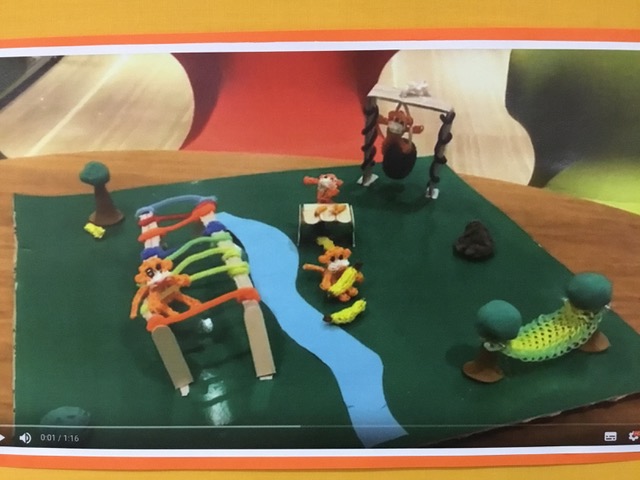
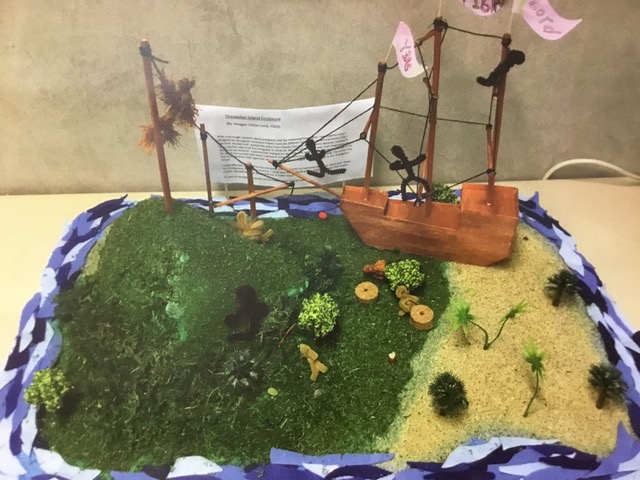
The progress on the building of the Centre has been rather slow, due to local policies, but the night enclosure sponsored by the VSA has been built.
Victoria, the young orangutan named in honour of the VSA will live there with many of her friends when the Centre completed.
For more information about the Jerora facility, please refer to this article by Dr Willie Smits, the founder of the Masarang Foundation:
https://masarang.hk/2018/04/24/the-jerora-orangutan-forest-school/
Additionally, the Masarang Club led by Melisa Baldwick, took part in a RAD Day.
This was inspired by Holley who runs the inspiring social enterprise: tellsomeonewhocares.org
VSA GOES ‘RAD’!
Contributed by Ms. Julie Gore, Y2A4 Teacher
Primary students at VSA participated in Rainforest Action Day (RAD), which was held on Wednesday, 8 November! Students wore green clothing to school to show their support and brought along HK$20 to donate.
In total, VSA raised HK$15,000!! This will go towards rescue and rehabilitating injured / orphaned Orangutans and provide food and medical assistance. It will also support sustainable communities in Indonesia.
A special thank you to:
The Masarang Club who promoted this day, and collected / counted the donations!
Holley from tellsomeonewhocares.org for her inspiration for RAD Day
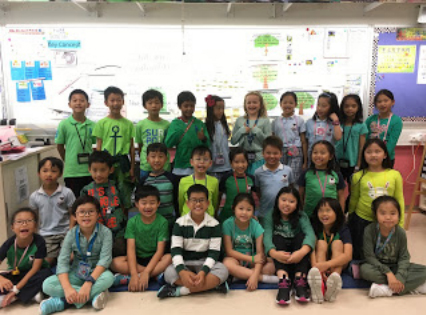
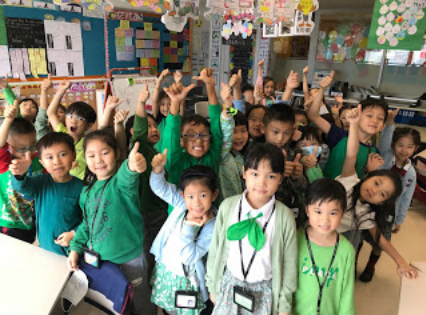
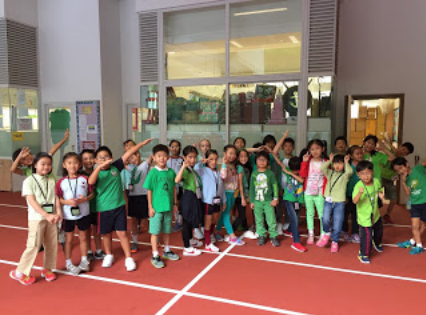
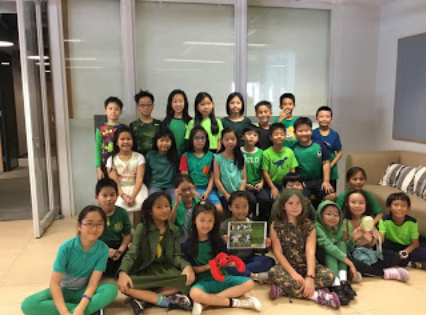
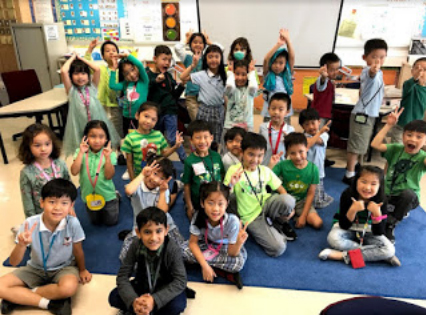
Additionally, the school community celebrated Earth Day and took part in a ‘Biodiversity of Hong Kong Walk and Talk’ given by Masarang HK committee member Ms. Sharne McMillan.
Sharne is completing her PhD at the University of Hong Kong.
Please note the article about the talk on the Masarang HK website:
https://masarang.hk/2018/05/15/pta-earth-day-biodiversity-walkntalk/
The Masarang Club has carried out a number of activities throughout the year.
These include:
Healthy Cooking and promoting ‘Palm Oil Free Thursday’.
The Club uses the Masarang palm sugar when following recipes requiring sugar. Below are some photos of them cooking delicious oatmeal cookies and using the palm sugar to make healthy apple donuts.

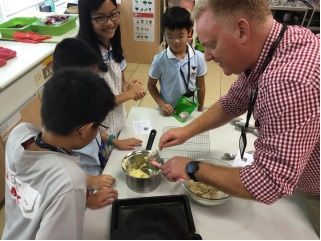
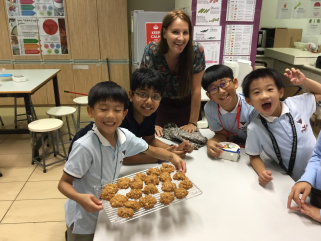
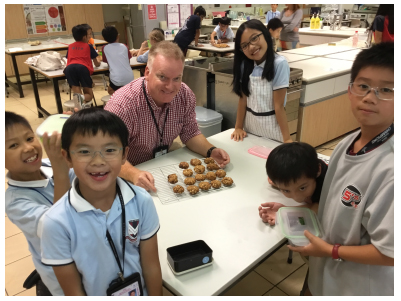
The students have also supported the sale of Masarang Palm sugar as well as the bracelet/ bookmark sale by Masarang HK.
These bracelets (or bookmarks) were hand-made by Dayak women in the villages in the Sintang region.
They feature traditional motifs. To find out more about these items, please click the link:
https://masarang.hk/2017/12/12/masarang-hong-kongs-sustainable-merchandise/
These bracelets and the organically certified Masarang palm sugar was sold by Masarang HK Club members during the Family Fun Day, attended by Adrienne, chairwoman of Masarang HK.
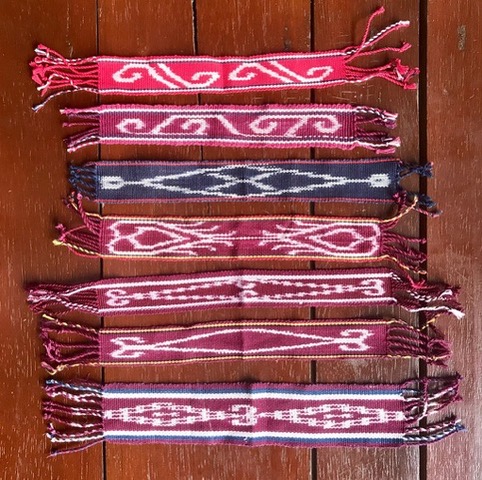
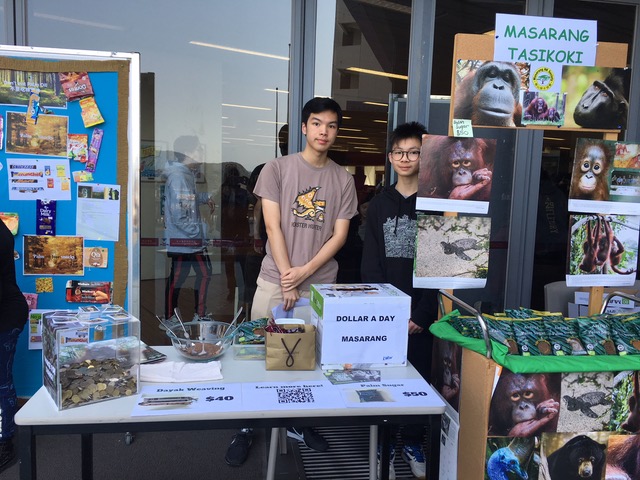
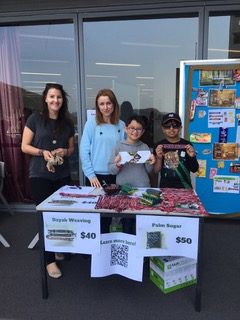
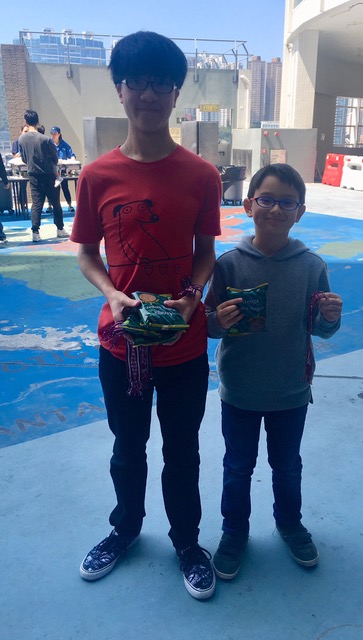
Recently, for their exhibition projects, some students considered the effects of deforestation.
Members of Masarang HK and the Masarang Foundation answered their questions.
The students Brendon, Lucas and the most aptly named, Forest from Y5A4 produced most impressive work! Please see below:
“We are Brendon, Forest, and Lucas from Victoria Shanghai Academy (VSA)”

We have done research towards the global goal “Life on Land” specifically looking at deforestation. Our main focus is “exploring needs connected to deforestation leads to sustainable environment problem-solving”. Our three guided questions are:
1)How has deforestation changed over the years?
2)What are the different ways we can look at deforestation?
3)What progress of action against deforestation has happened so far?
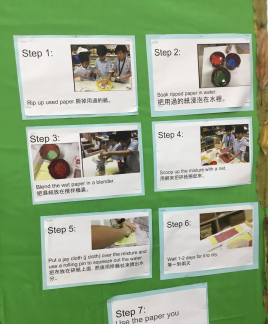
We have interviewed The Nature Conservancy, Ark Eden, and The Masarang Foundation. We have found out a lot of useful information from them, such as what they do, why they do it, and most importantly what we can do as students to help.
When we researched the history of deforestation in HK, we found out there is a rare type of wood that can cure health called “agarwood”. People used to cut down all this wood until a only very small percentage were left. Another reason why people wanted agarwood is because of its value. It could be sold for a very high price. This is what found out about deforestation starting in HK and the different reasons why people cut down trees throughout the years.
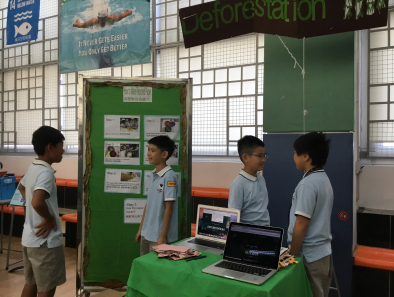
For our second line of inquiry, we made a survey to Y4 and 5 students in our school. In the survey, they had to write down if they think deforestation is a good thing and give reasons. They also had to write down what action they want to take and what action they want us to take. Then we combined it with a website that had different people’s thoughts on deforestation. They thought that they would use less paper in order to help deforestation and they would want us to tell others to use less paper to help solve deforestation. This information helped us to see what action we can take and what actions we could promote among others to take.
We used our interview answers to find out what action has been taken against deforestation so far. We also looked at different organisations websites to see if we missed anything. Most organizations do fundraising, push companies into sustainable deforestation, persuade the government, teach others and build forest reserves.
In the end found out that deforestation isn’t a big problem in Hong Kong anymore. But we didn’t stop there, we researched into how HK is affecting deforestation in other countries. Agriculture is the number one reason for deforestation and HK is one of the top food importers. This means that HK is causing lots of deforestation in other countries such as Brazil and America. We learned one way to take action against this is to eat less meat.
For our action, we made our website (link below). In the website, there is information about:
-what deforestation is
-reasons deforestation exist
-what might happen if nothing is taken against deforestation
-what action they can take and what other organizations have done
-a fun part which teaches you how to make your own recycling paper
At our final presentation we told people about our findings, what they can do and give them a quiz. We also shared our website and taught people how to make their own recycling paper.
We found out a lot of interesting and helpful information on our time researching about deforestation, what it causes it, what effects it has on our world, and what we can do. We hope that we could learn more about this topic in the future and that you can take action to help against deforestation.
Link:
https://ps20133114.wixsite.com/deforestation – Bilingual English and Chinese site
https://ps20133114.wixsite.com/deforestationeng – English site
Written by:
Brendon, Forest, and Lucas Y5A4 Victoria Shanghai Academy
Dr Willie Smits, the volunteers from Masarang HK, the teams at the Sintang Orangutan Centre and the Tasikoki Wildlife Rescue and Education Centre send principal Mr Ross Dawson and all members of the VSA school community our very grateful thanks for your continued support.
Please note the photo of Victoria, in front of the palm oil plantations that are forcing the orangutans toward extinction. In addition, the newest rescued baby orangutan at the Sintang Orangutan Centre.
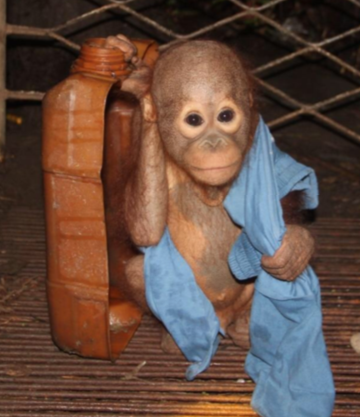
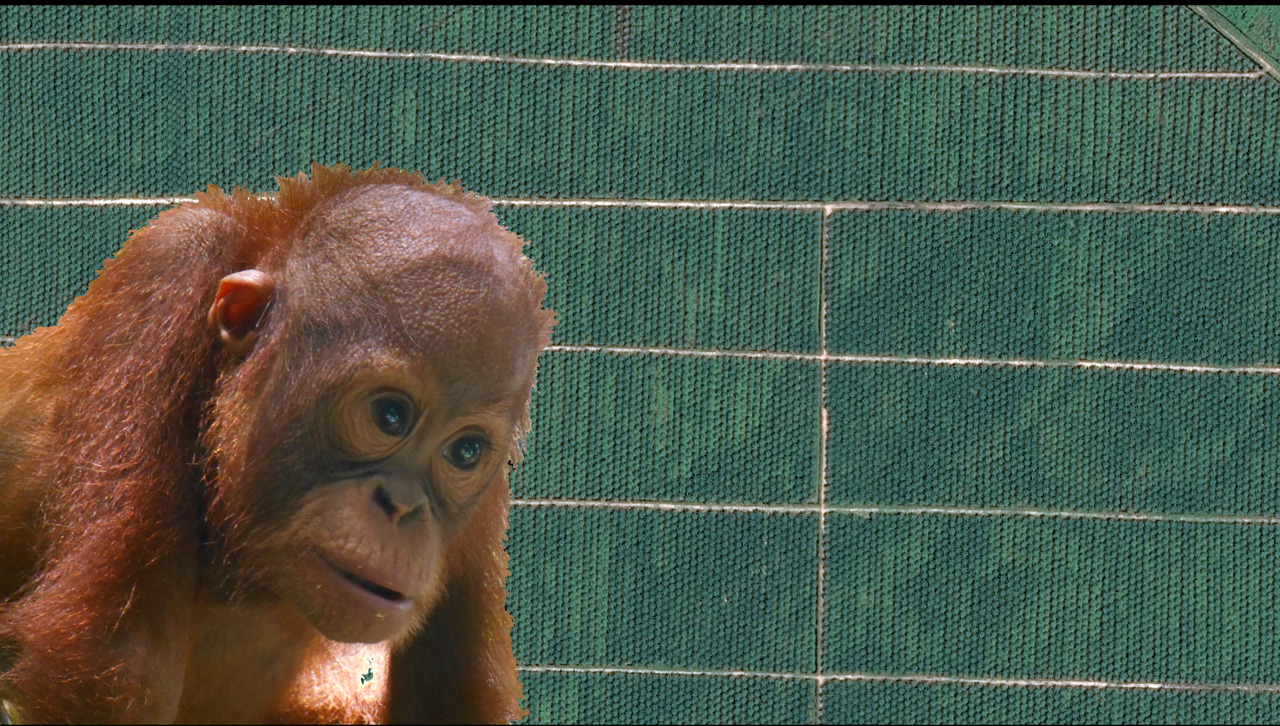
Thank you very much for your continued help and support.


Leave a Reply